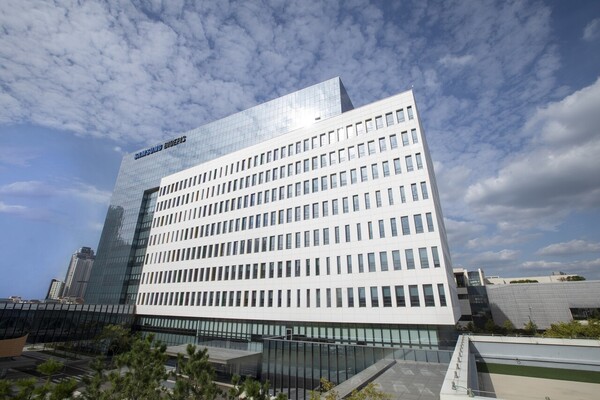Samsung Bioepis said it has received U.S. FDA approval for its Stelara biosimilar, Pyzchiva (ingredient: ustekinumab).

Stelara, developed by Janssen, is used for treating plaque psoriasis, psoriatic arthritis, Crohn's disease, and ulcerative colitis. It inhibits the activity of interleukin (IL)-12/23, a cytokine involved in autoimmune inflammation. It is one of the highest-grossing biopharmaceuticals in the world, with IQVIA data showing that the treatment recorded $17.7 billion in sales in 2022.
With this approval, Samsung Bioepis has secured a total of seven biosimilar approvals in the U.S. market.
"We are delighted to receive U.S. approval for Pyzchiva, our first interleukin inhibitor for autoimmune diseases,” Samsung Bioepis Vice President and Regulatory Affairs Team Leader Jung Byoung-in said. “We will continue to develop a diverse range of medicines to provide more treatment options for patients."
The U.S. approval follows the company obtaining approval for Pyzchiva in Europe and Korea (marketed as Epylect) in April. The company plans to launch the product in Korea within this month.
For other markets, Samsung Bioepis partnered with global biopharmaceutical company Sandoz last year for the marketing of Pyzchiva in North America and Europe.
According to an agreement with Stelara's original developer, Johnson & Johnson, Pyzchiva will be available in the U.S. market starting Feb. 22, 2025.
Related articles
- Samsung Bioepis to launch Stelara biosimilar 40% cheaper than original
- Samsung Bioepis' Epysqli proves clinical equivalence to Soliris at European meet
- Samsung Bioepis propagates efficacy of Epysqli for rare diseases at ERA 2024
- Samsung Life Science Fund invests in Flagship Pioneering's 8th fund
- Samsung Bioepis scores FDA approval for Soliris biosimilar to treat PNH, aHUS
- EMA issues positive view on Samsung Bioepis’ Eylea biosimilar
- Dong-A ST’s Stelara biosimilar Imuldosa scores FDA approval
- Samsung Bioepis wins APAC 'Company of the Year' for 3rd straight year at 2024 Global Generics & Biosimilars Awards
- Samsung Bioepis launches Stelara biosimilar in US to expand treatment options

